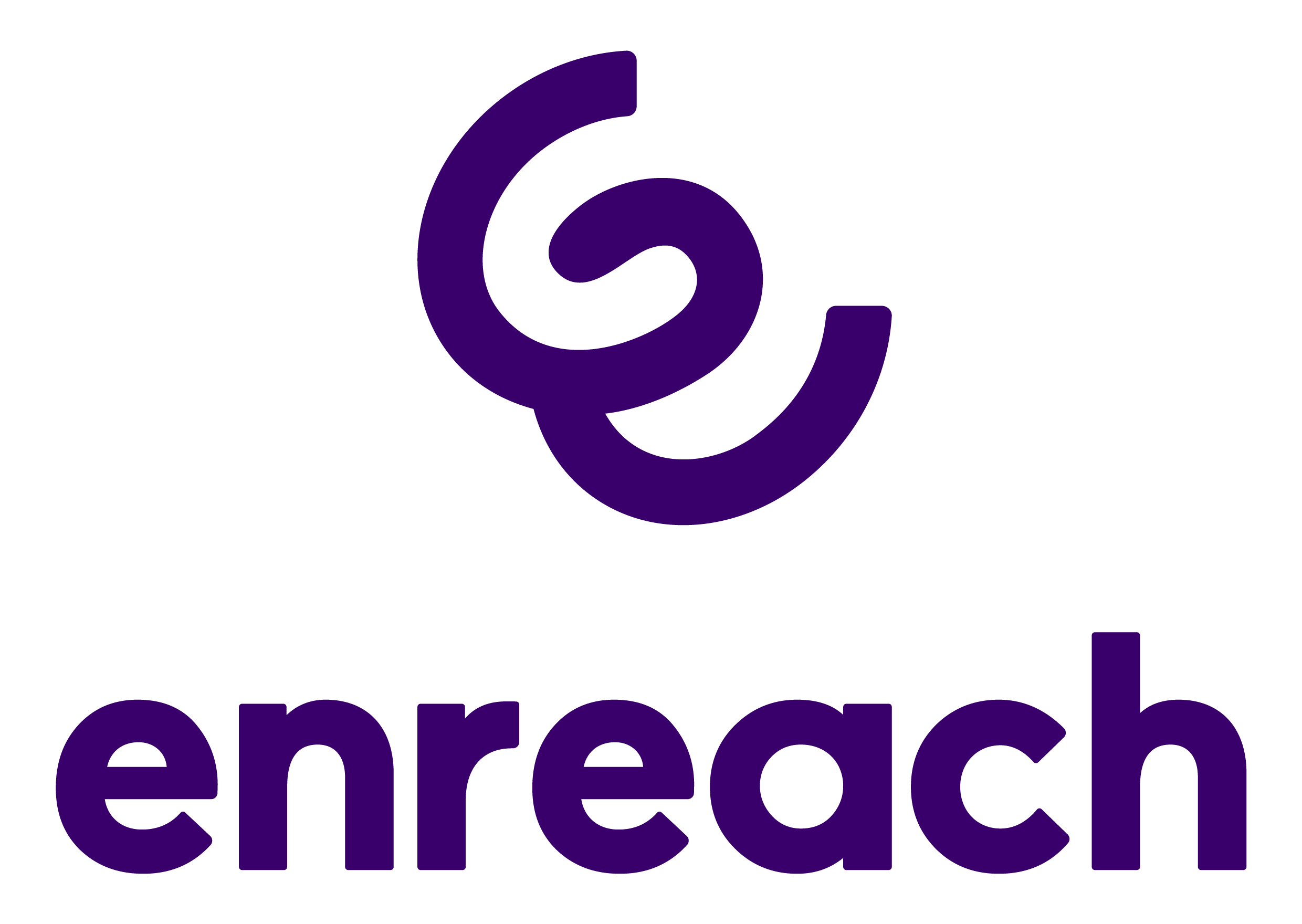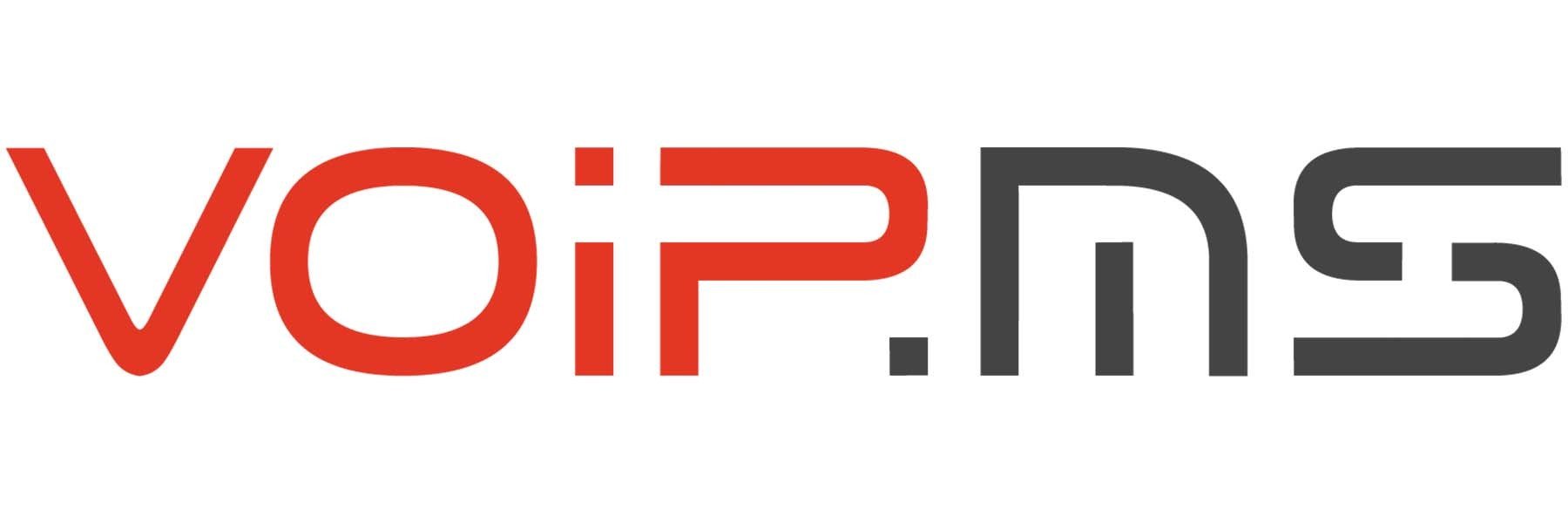Cloud Communications Providers: Find the Top Companies
Find top cloud communications providers worldwide. Browse cloud communication companies by location, size, and technology to get the best solutions.
Red Oxygen
CallTower Inc.
Ooma
Simwood
SoTel Systems
Vinix, LLC
Crosswind Cloud Solutions
Enreach Holding B.V.
Sinch
IPFone
iotum
RingSquared
Clerk Chat
SimpleVoIP
NUSO, LLC
ASC Americas
UniVoIP Inc.
Momentum
Threshold Communications
Axxess Networks
Phone.com
TPx Communications
SpectrumVoIP
NuWave Communications, Inc.
Intermedia Cloud Communications
Prudent Technologies Private Limited
TelNet Worldwide, Inc.
Frequently Asked Questions
Find the answers to all your questions about cloud communications providers here.
Cloud communications providers are companies that offer internet-based communication solutions, enabling businesses to manage voice, messaging, video, and collaboration services through the cloud rather than traditional on-premise systems. These providers deliver scalable, cost-effective, and flexible communication tools that enhance remote work, customer interactions, and overall business efficiency.
By leveraging cloud communications solutions, businesses can:
- Reduce infrastructure costs by eliminating the need for physical PBX systems.
- Scale communication services effortlessly as their business grows.
- Improve flexibility by enabling employees to work from anywhere.
- Enhance security with end-to-end encryption and compliance features.
Some well-known cloud communications providers offer services like UCaaS (Unified Communications as a Service), CCaaS (Contact Center as a Service), and CPaaS (Communications Platform as a Service) to meet various business communication needs.
Traditional phone systems rely on on-premise PBX (Private Branch Exchange) hardware to route calls internally and externally, whereas cloud communications solutions operate entirely over the internet. This fundamental difference offers several advantages:
- Scalability: Cloud-based solutions allow businesses to add or remove users easily without investing in additional hardware.
- Cost Efficiency: Cloud-based solutions eliminate upfront capital expenses associated with on-premise PBX systems.
- Remote Accessibility: Employees can communicate seamlessly from any location using VoIP (Voice over Internet Protocol), softphones, or mobile apps.
- Advanced Features: Cloud communications platforms integrate AI-driven analytics, call routing, and omnichannel customer engagement tools that traditional systems lack.
Modern cloud communications companies provide flexible, future-proof solutions that adapt to evolving business needs while ensuring reliability and security.
Leading cloud communications companies go beyond traditional voice services by offering a full suite of communication and collaboration tools, including:
- UCaaS (Unified Communications as a Service): Combines voice, video conferencing, messaging, and team collaboration in a single platform.
- CCaaS (Contact Center as a Service): Provides businesses with cloud-based customer support tools, including intelligent call routing, chatbots, and real-time analytics.
- CPaaS (Communications Platform as a Service): Enables businesses to embed communication APIs (such as SMS, voice, and video) into their applications and workflows.
- VoIP (Voice over Internet Protocol): Replaces traditional phone lines with internet-based calling, reducing costs and increasing flexibility.
- AI-Powered Contact Centers: Automates customer interactions, provides real-time sentiment analysis, and enhances customer engagement.
These cloud solutions help businesses streamline operations, improve customer experiences, and support hybrid or fully remote work environments.
A cloud communications platform is a centralized system that integrates multiple communication channels, including voice, video, chat, and email, into a single, cloud-based infrastructure. Businesses use cloud communications platforms to unify internal collaboration and customer interactions across various devices and locations.
Key benefits of using a cloud communications platform include:
- Seamless integration with existing business tools like CRM, ERP, and productivity software.
- Omnichannel communication capabilities, ensuring customers receive support via their preferred channels.
- AI-powered automation, reducing operational costs and enhancing response times.
- Real-time analytics, helping businesses track performance and optimize customer interactions.
Whether a business needs UCaaS for internal communication, CCaaS for customer service, or CPaaS for application-based messaging, a cloud communications platform offers the flexibility and scalability required to stay competitive.
UCaaS (Unified Communications as a Service), CCaaS (Contact Center as a Service), and CPaaS (Communications Platform as a Service) are three key components of modern cloud communications, but they serve distinct purposes:
- UCaaS is designed for internal communication and collaboration within businesses. It integrates VoIP, video conferencing, messaging, and file sharing to streamline workflows and improve productivity.
- CCaaS is focused on customer engagement and support. It provides cloud-based contact center tools, including automated call routing, chatbots, and customer analytics, enabling businesses to deliver exceptional service experiences.
- CPaaS is a developer-friendly solution that allows businesses to embed real-time communication features (such as SMS, voice, and video) into their existing applications via APIs, enhancing customer interactions without requiring standalone software.
Each cloud communications solution addresses different business needs, and many organizations leverage all three to optimize both internal operations and customer engagement.
A cloud-based contact center, powered by CCaaS solutions, enhances customer service by providing businesses with flexible, scalable, and AI-driven support tools. Unlike traditional on-premise call centers, cloud contact centers:
- Enable omnichannel communication, allowing customers to reach businesses via phone, email, live chat, SMS, and social media.
- Utilize AI-powered chatbots and self-service options, reducing wait times and improving efficiency.
- Offer intelligent call routing, ensuring customers are connected with the most qualified agents based on their needs.
- Provide real-time customer insights, helping businesses track satisfaction metrics and optimize support processes.
- Support remote and hybrid workforces, allowing contact center agents to work from anywhere while maintaining high service levels.
By adopting enterprise-grade CCaaS solutions, businesses can reduce costs, enhance customer satisfaction, and gain a competitive edge.
PBX (Private Branch Exchange) is a traditional phone system used by businesses to manage internal and external calls. With the rise of cloud communications solutions, many companies are transitioning from legacy on-premise PBX systems to cloud PBX solutions that operate via VoIP.
Benefits of a cloud-based PBX include:
- Lower costs by eliminating the need for expensive hardware and maintenance.
- Remote accessibility, allowing employees to make and receive business calls from anywhere.
- Advanced call management features, including auto-attendants, call forwarding, and voicemail-to-email transcription.
- Integration with cloud communications platforms, unifying voice, messaging, and video conferencing.
Cloud PBX is an essential component of UCaaS and is widely used by businesses looking to modernize their communication infrastructure.
VoIP (Voice over Internet Protocol) is a core technology that powers cloud communications solutions, replacing traditional phone lines with internet-based calling. VoIP is essential for businesses because it:
- Reduces costs compared to traditional phone services.
- Offers high-definition voice quality with minimal latency.
- Integrates seamlessly with UCaaS, CCaaS, and CPaaS platforms.
- Enables remote work, allowing employees to use VoIP-enabled desk phones, softphones, or mobile apps.
- Provides advanced features, including call forwarding, voicemail-to-email, and call analytics.
Most cloud communications providers offer VoIP as a fundamental part of their services, making it a must-have for modern business communication.















.png)








